John Pluecker
* *
translated by the author
THE HUNT
A SERENE NIGHT / AT FIVE / SERENE SKY / AT SIX / OR AT 3 // JUST THE LIGHT / THE HOUR RISES THE SUN // SILENCE / WALKS AT ITS DISCRETION / AS DISCOVERER // WE ALL HAVE THE WORD / IS WHERE WE DISCOVER / ONE IS NEVER PUNISHED // DEATH / ABROGATES THE RIGHT / TO POSSESS OURS / MULES OR HORSES / SEDUCED BY BLOWS / STOLEN ON TIME // THE ROUTE / FAR FROM INSPIRING US / FULL OF SINUOSITIES / A SERIES OF THROAT GORGES / THAT WERE GROWING // WE ENTERED THE GORGES / DISCOVERED SMALL VALLEYS / SLIGHTLY ELEVATED HILLS
WE CONTINUED TO THE EYE / OF AN INDIAN // HIS FLESH BETWEEN US / DESPITE HIS NEEDING IT MORE // WE SQUEASE THE JUICE / AND SALIVA IN THE WOUND // ON A SMALL EMINENCE / WE FOUND BEARS / AND FARAWAY / SOME PIECES OF MEAT // IN THE PUEBLOS / THEY MANIFEST / THE DESERT // FROM THE GORGES WE CONTINUED // THROUGH THE GORGES // WE PENETRATED IN THE GORGES / (GENERALLY DIFFICULT TO ACCESS) // WE FOUND A TRUNK / TORTUOUS / THE GRAYISH BARK / SLIGHTLY CLEAVED, NOT SMOOTH // ITS FUR ENTIRELY WHITE / WITH GRAYISH SPLOTCHES; THE WISKERS / ALSO WHITE // THE MOUTHE MEMBRANE / BLAEKENED / THE COMPLETE ABSENCE OF EYEBROWS
CALLED ISA BY THE COMANCHE / AND THOUGHT TO BE QUITE FEROCIOUS / THE FUR IS BURNED / THE ARROWS EXPOSED TO SMOKE / NEVER CEASE TO WOUND / THE INHABITANTS OF TEXAS / WE DEDICATE OURSELVES TO THIS HUNT // WHEN THE ONE WHO IS WOUNDED FALLS / WE ALL COME TO SMELL THE BLOOD / WE BEGIN TO BELLOW WITHOUT DISTANCING OURSELVES FROM IT // RIGHT / THEN / THEY CAN KILL US ALL
* *
Chronology of a text:
In the beginning, on November 19, 1828, Juan Luis Berlandier, a.k.a. Jean Louis Berlandier, sets out from San Antonio de Béjar with a company of men, both Spaniards and Comanche, to hunt in the lands to the northwest of the mission. Berlandier keeps a diary of the experience of walking through hills and valleys and gorges. In his Spanish, gorges are gargantas, which also means throats; thus, the land could also be flesh; thus bodies could also be dirt; thus an experience is translated into text.
This short chronicle I found in 2010 in a scanned Google book by J. Luis Berlandier: Diario de viage de la Comison de limites. I annotated the voyage; I erased, crossed out, cut and pasted words from this chronicle to find another text buried deep within it.
The map I found in the Beinecke Library at Yale in 2011 on fragile paper in an archival box and also in a microfilmed version, of which I took PDF scans. I adore their pixelation, the splotches and flecks of black that pock their surface. Later, in Photoshop, I pasted the text excavated from Berlandier’s chronicle onto these images you see here.
In Monterrey, Mexico in March 2012, I did an improvisational reading of the images, re-imagining them as sonic maps or scripts, while accompanied by the recorded accordeon tones of Pauline Oliveros’s 1991 Crone Music. Instead of reading in a top-to-bottom, left-to-right order, I re-created the experience of manipulating the text by re-ordering and de-ordering my own poem, live.
In November 2012, I re-drew this image-poem triptych on old, yellowing paper in an attempt to short-circuit the system of exchange that had brought these images into their digitalized state. I wanted to re-create a fake original after all the stages of copying and reproduction. These drawings have been exhibited in galleries in Huntsville and in San Diego.
And now in January 2013, I’ve made a translation of “La Caza” into English for the first time: adding another layer of manipulation. I am translating myself and translating Berlandier, still. The original is mine and it is not mine. There are remnants of a now-archaic Spanish in his original phrasing and diction; vigotes and negrusca and esprimir and bocal have become wiskers and blaekened and squease and mouthe. The translation is mine and also his, an attempt at dialogue and a furtive stab at re-writing history.
Another in a series of sinuosidades / sinuosities. In the end, all of us come to smell the one who has fallen, and in that moment we become vulnerable; we could all be killed.
[ + bar ]
A Love Story
Bernardo Carvalho translated by Max Seawright
1.
He haggles over fish at the wharf. He’s done it since before his tenth birthday. His mother makes him. It’s no accident he... Read More »
Orellana [valparaíso]
Álvaro Bisama translated by Julia Ostmann
My favorite bookstore is a ghost bookstore. It was called the Orellana and was located in the center of Valparaíso. It closed a... Read More »
Joshua Edwards
CATHAY
Wrongheaded and obsequious on vacation, unnerved by new surroundings, I miss the bright feeling of belonging and the familiar patterns of my country— its virginity and schizophrenia, my several stolen bicycles.
*... Read More »
Die großen Bäume. Eine Juno-Novellette.
Paul Scheerbart
Die großen Bäume tasteten mit ihren langen Astarmen immer heftiger in der Luft herum und konnten sich gar nicht beruhigen; sie wollten durchaus... Read More »
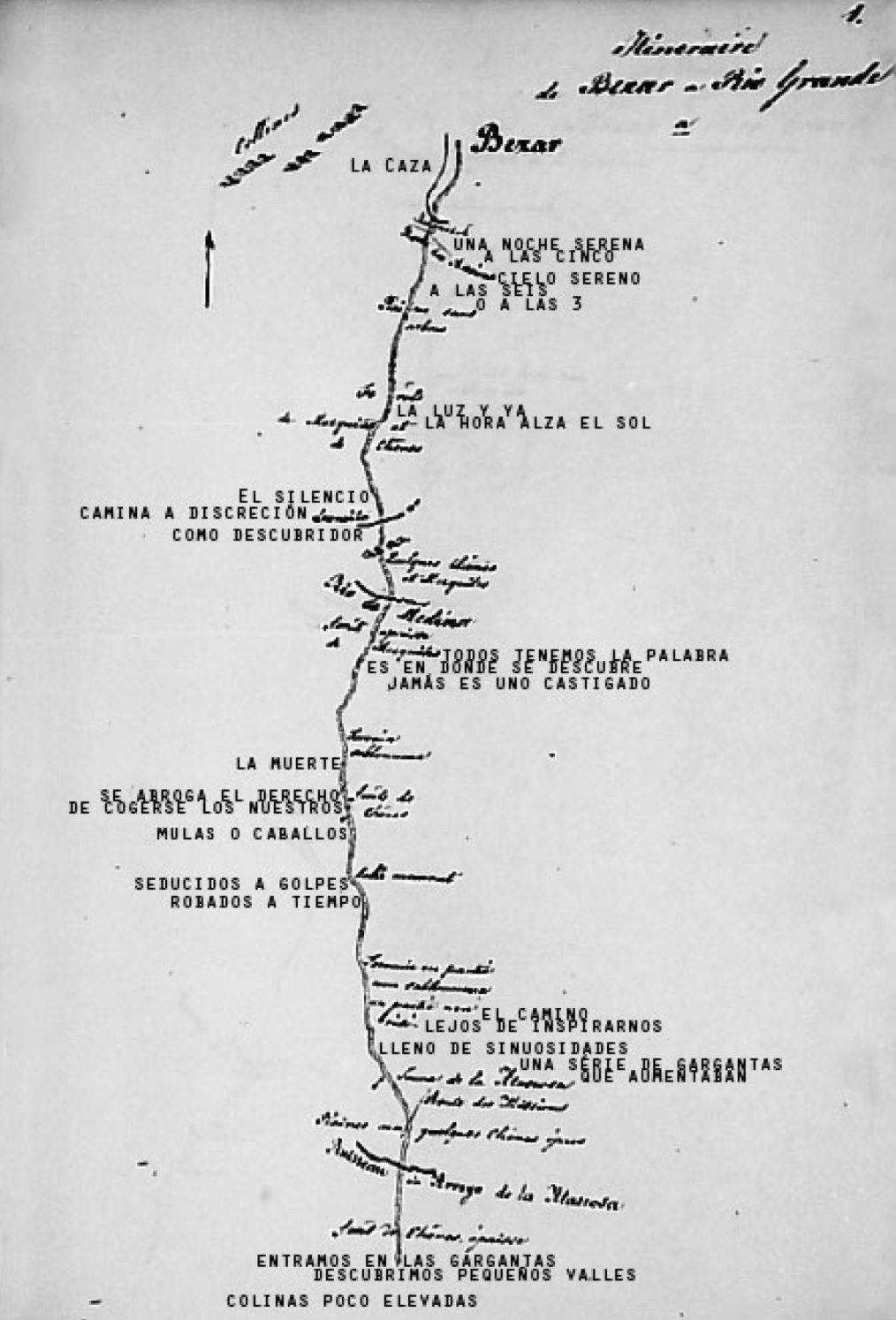
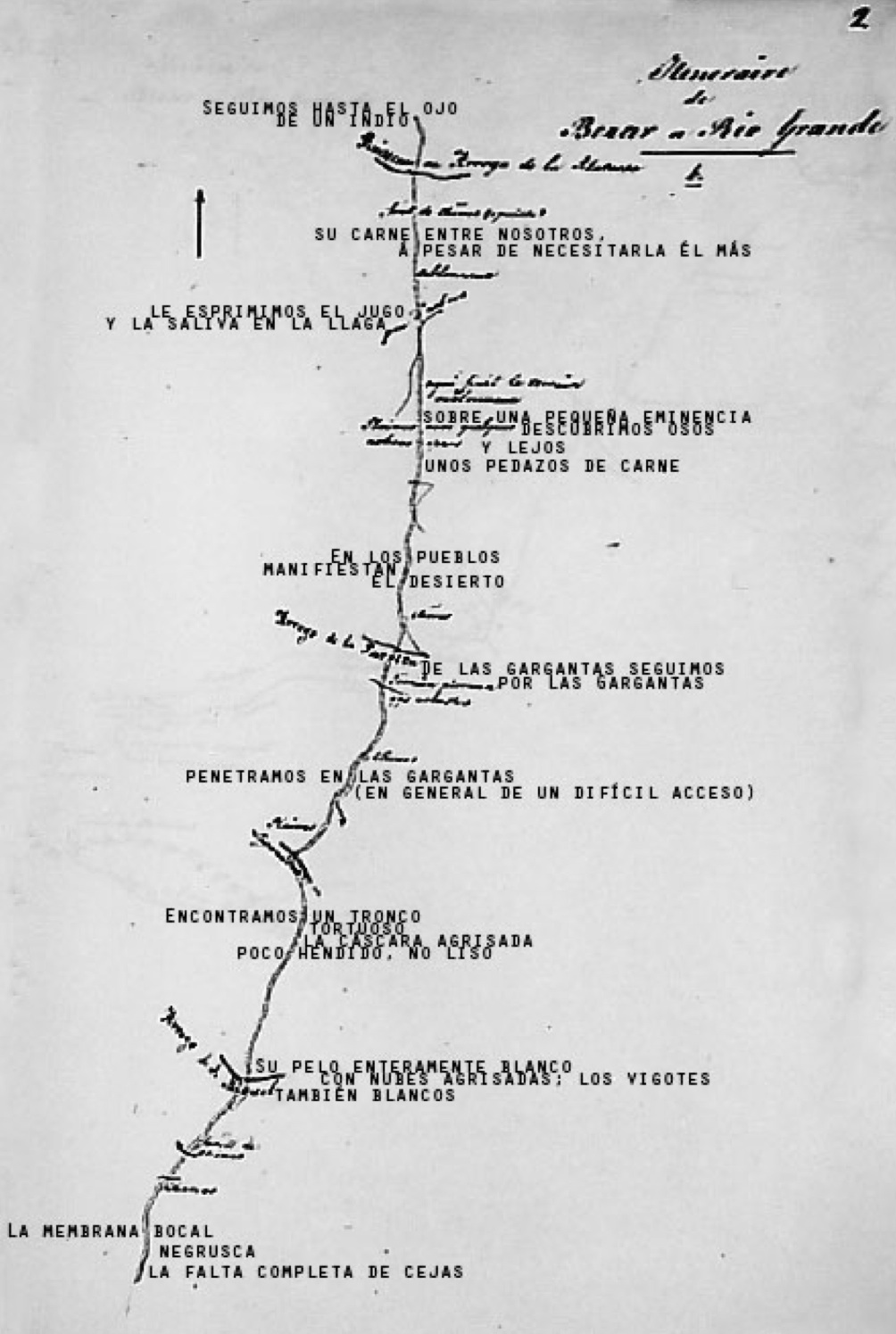
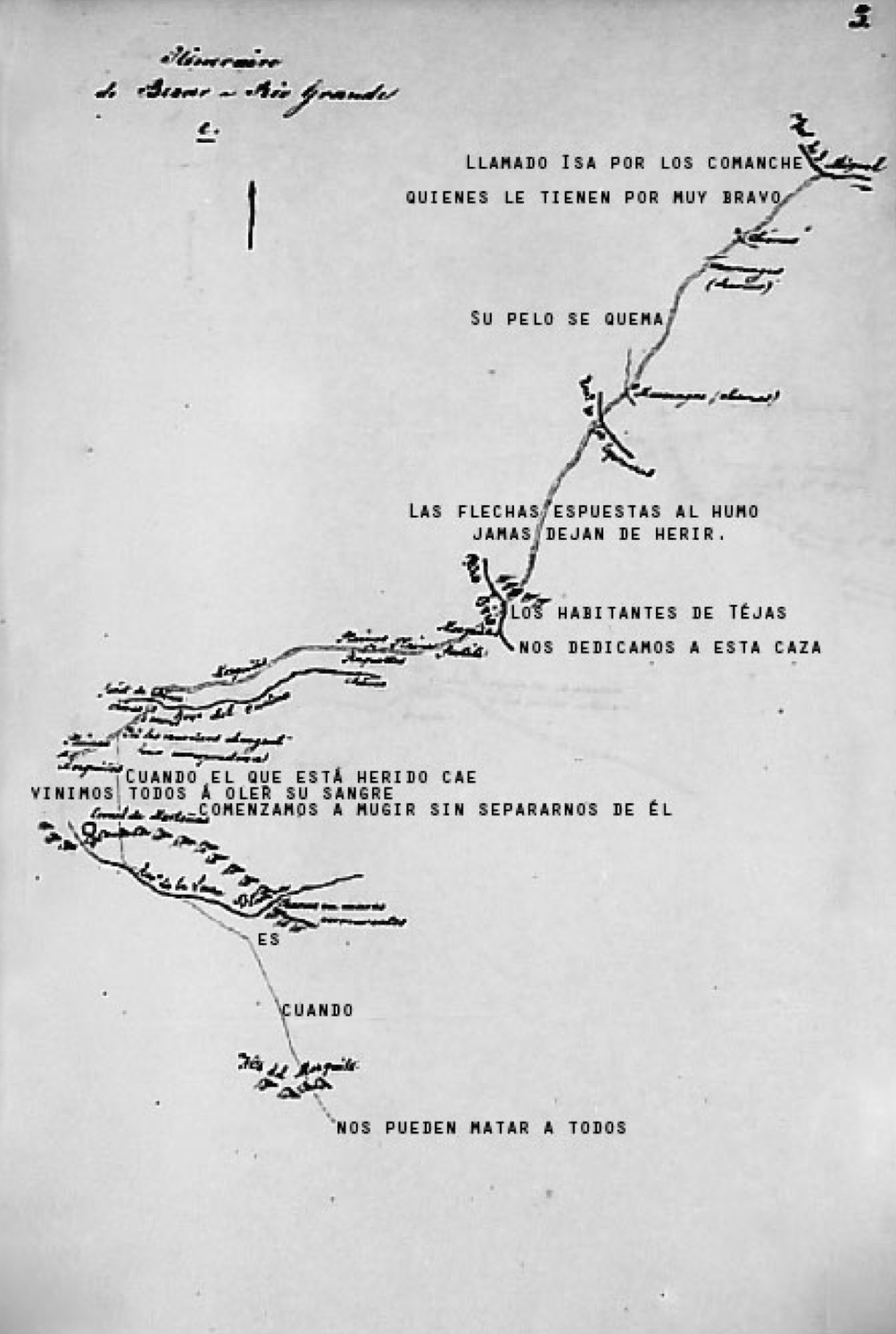
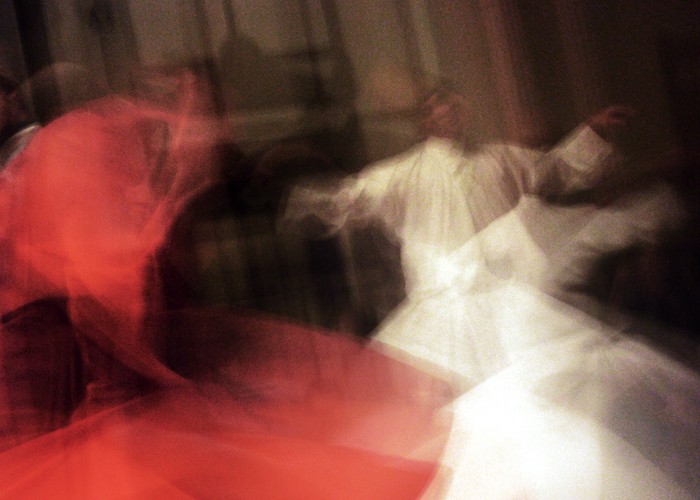
![Orellana [valparaíso]](http://www.buenosairesreview.org/wp-content/uploads/la-foto-crop-700x500.jpg)
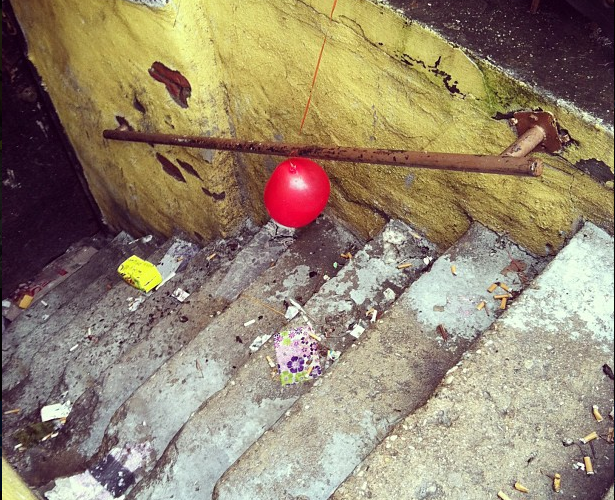
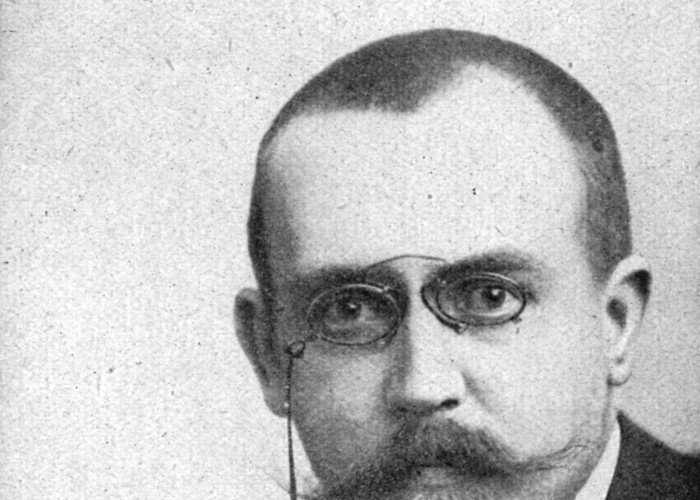



 sending...
sending...